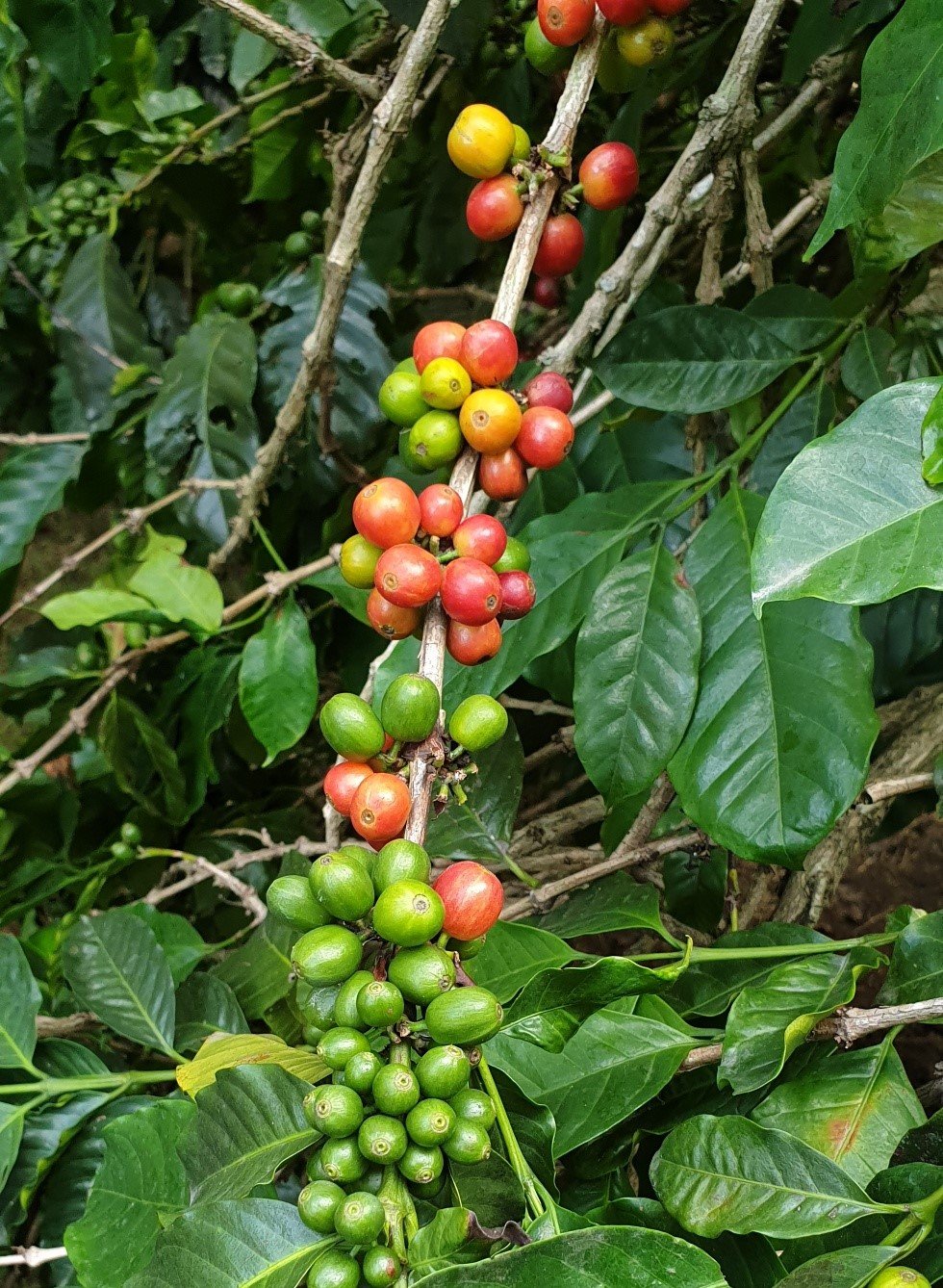Coffee: Black vs. Milk

Many coffee enthusiasts suggest that by adding milk to your coffee you decrease the intensity and flavour of the coffee bean. Many people have intolerances to milk and many just don’t like it. However, a poll by Good Food amongst Melbourne café owners, has suggested that 85% of Melbournians will ask for milk with their coffee.
So what really is better? Is a good espresso superior? Could drinking black coffee be bad for you? What are the benefits of adding milk? Let’s explain the facts and help you make your choice when you next head to your local cafe.
Black Coffee:
Having an espresso or black coffee has many health benefits when consumed in moderation. Not only does it have less calories than coffee with milk but it can also reduce your chances of developing liver diseases as well as reduce stress levels by stimulating your nervous system and uplifting your mood. It is also the way the Italians drink it and if that isn’t incentive to give it a go, we don’t know what is!
However, there are some pitfalls as well. If you love drinking a hot black coffee, you increase your risk of thermal burns in the oesophagus which can result in oesophageal cancers. By adding milk to your coffee you significantly decrease the temperature of your drink and make it much safer for you to consume.
Coffee with Milk:
Many coffee experts scoff at adding milk to coffee. However, many baristas believe that milk can actually add to specialty coffee by cutting through the coffee and complementing the flavour of the bean. For those of you who don’t love a very strong coffee, adding a bit of milk or a lot of milk will help smooth out the taste for you.
We all know coffee energises you, but if you are going to drink a coffee in the evening, adding a bit of milk to it will help to prevent any disrupted sleep.
If you enjoy a bit of sugar in your coffee, maybe you should give almond milk a go instead. Not only does it add a natural sweetness to your coffee, but baristas say that it is just as easy as working with full cream milk, so you shouldn’t lose any frothiness!
So when you next have wonder down to your local café to pick up your ‘usual’, consider the time of day, the different health benefits and flavour profiles and maybe mix it up. You may just be swayed to change.
References:
Coffee Science 2018, ‘The Impact of Milk in your Coffee’, Health, viewed 11/01/2019, <https://www.coffeescience.org/impact-milk-in-coffee-good-bad/>
Doctor NDTV, 2018, ‘Benefits of Black Coffee: 7 Amazing Health Benefits of Black Coffee’, Living Healthy, viewed 12/01/2019, <https://doctor.ndtv.com/living-healthy/black-coffee-7-amazing-health-benefits-of-black-coffee-1854981>
O’Brien, M 2013, ‘What type of milk in best for coffee?’ Good Food Guide, viewed 12/02/2019, <https://www.goodfood.com.au/eat-out/news/what-type-of-milk-is-best-for-coffee-20130930-2unwt>
Holden, M 2014, ‘Putting almond milk in coffee to the test’, Good Food Guide, viewed 12/01/2019, <https://www.goodfood.com.au/drinks/putting-almond-milk-in-coffee-to-the-test-20140908-3f2ru>



